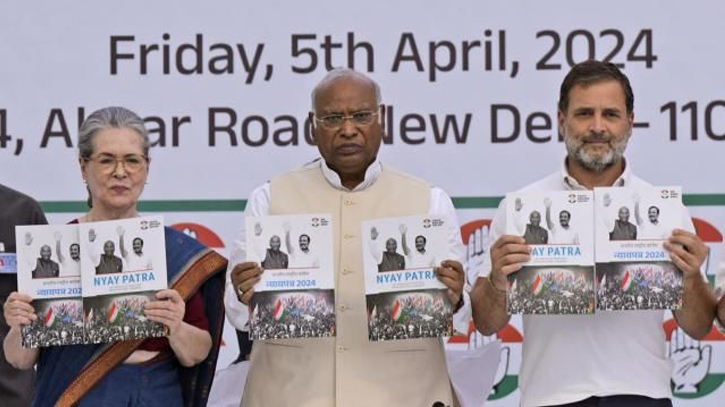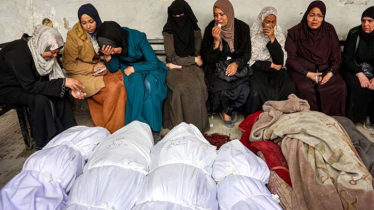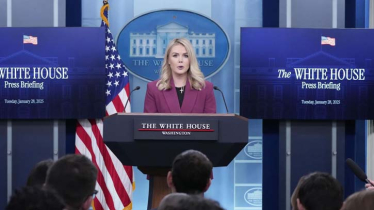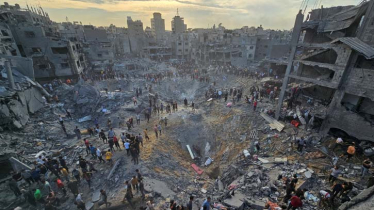
Photo : Collected
Nearly 970 million people — or over 10% of the global population — are eligible to vote in India's general elections that start Friday and last to June 1. The mammoth exercise is the biggest anywhere in the world and will take 44 days before results are announced on June 4.
Prime Minister Narendra Modi is seeking a third successive term. He will face off against a broad but flailing alliance of opposition parties that are struggling to challenge his appeal. Most surveys predict Modi’s Hindu nationalist Bharatiya Janata Party will win comfortably, cementing him as one of the country’s most popular and consequential leaders.
WHY DOES IT TAKE SO LONG?
It boils down to two key reasons: the sheer size of India, the world’s most populous country, and the astonishing level of logistics needed to ensure that every registered voter is able to cast their ballot.
Over the years, the duration of voting has wavered. It took nearly four months to complete the vote in India’s first elections in 1951-1952, after it gained independence from British rule, and just four days in 1980. In 2019, voting took 39 days, and this year’s election is the second longest.
With 969 million registered voters, the size of India’s electorate is bigger than the combined population of the 27 European Union member states. This includes 18 million first-time voters, and around 197 million who are in their 20s.
The vote to choose 543 lawmakers for the lower house of Parliament takes place over seven phases. India’s 28 states and eight federal territories will vote at different times. Each phase is one day, with the first held on April 19 and the last on June 1.
While some states will cast their ballots in a day, voting elsewhere may take longer. The largest state, Uttar Pradesh, which is the size of Brazil with 200 million people, will vote on all seven days, for example.
General elections in India tend to take weeks to conduct, but Modi’s opponents also say it gives him an advantage as it makes it easier for the prime minister, the public face of the BJP, to travel and campaign, especially in states where they are weak.
Messenger/Fameema








